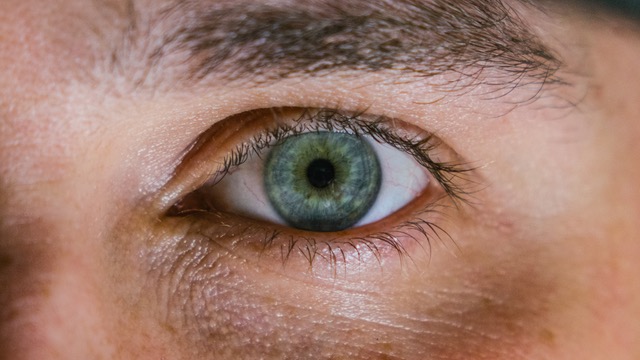


Ataxia is a condition that consists of a lack of voluntary muscle coordination. It is a non-specific manifestation, a dysfunction of the nervous system that helps to coordinate movement. However, it can come in a variety of forms – depending on the severity of the condition – which can affect your ability to navigate the stairs of your home.
There are many causes and treatments for the condition, however, there are some more common that arise around the condition.
As a condition, Ataxia can have any different causes as there can be several issues that cause the condition to occur all at once or separately. Genetics, infections or even injuries can be the most common source of the condition. More rare causes include radiation poisoning (induced by a dose higher than 30 Grays), non-hereditary degeneration, hypothyroidism and even abuse of alcohol may cause ataxia.
However, the condition can also be caused later in life as a result of heart attacks, strokes, and multiple sclerosis which have a negative effect on the nervous system. This happens later in life more often, typically, and can seriously affect the mobility of those that suffer from it. This can lead to trouble ascending and descending stairs because of an abnormal gait.
An abnormal gait is caused as a result of patients walking in a way to avoid acute pains. This may result in a visible limp, with short and stagnant steps. The ability to stand for long periods of time and hold a regular stance may also be limited. Lurching, difficulty turning, walking in a straight line, or attempting stairs are typical of the condition.
As a rule, the treatment of the Ataxia condition has differing levels of effectiveness depending on the cause. It is unlikely that it will ever be fully cured, but the symptoms can be significantly reduced. A singular cause is much easier to manage in the long term, as multiple overlapping causes can be harder to treat.
Physical therapy and concentrated doses are the typical treatments that one would undergo. Effective drugs that help manage the condition are idebenone, amantadine, L-carnitine, coenzyme Q10 and vitamin E. The physical therapy involves focusing on the adaption of motor skills to account for the increased pain, whilst also retaining an atypical gait.
Of course, being able to deal with this condition on a daily basis is important for your mental and physical well-being. A stairlift can help relieve the stress and pains of the condition in your own home.
We here at ALS Stairlifts can give you expert advice to help you decide which stair lift would be the best fit for your needs and home. Don’t hesitate to contact a member of the team today on 0800 046 3438.